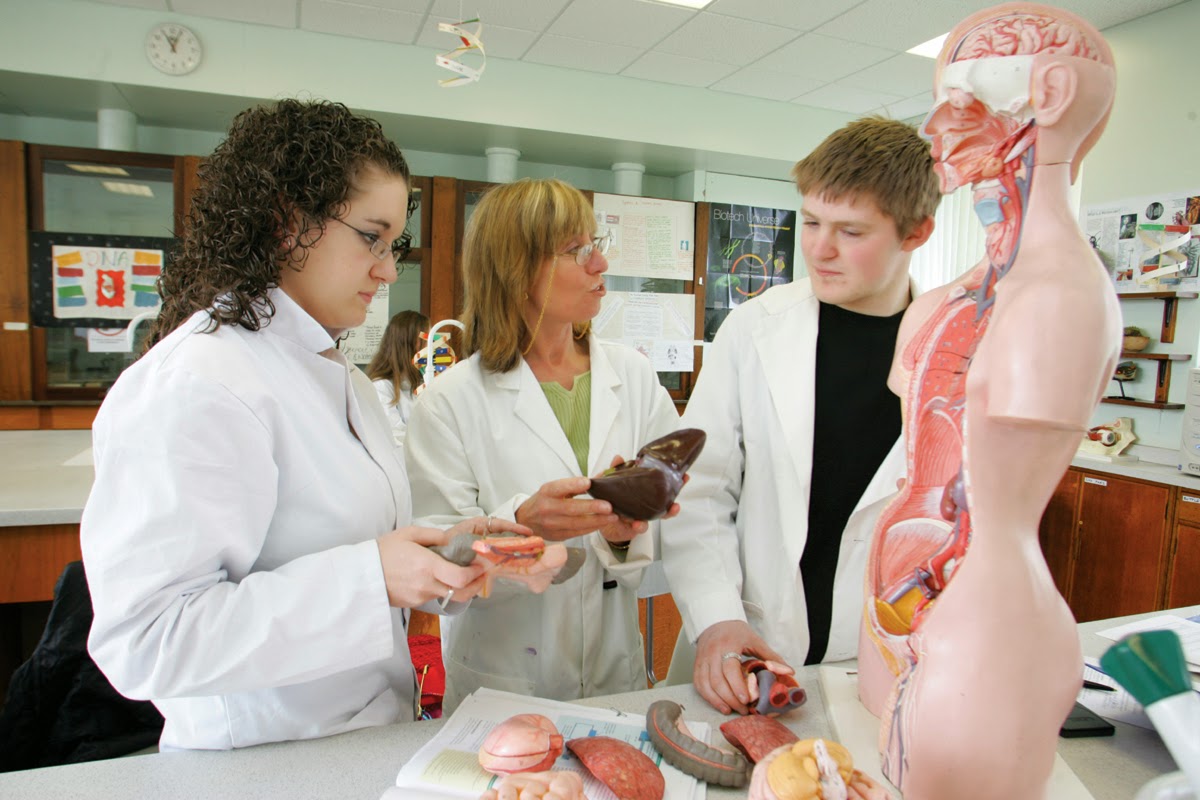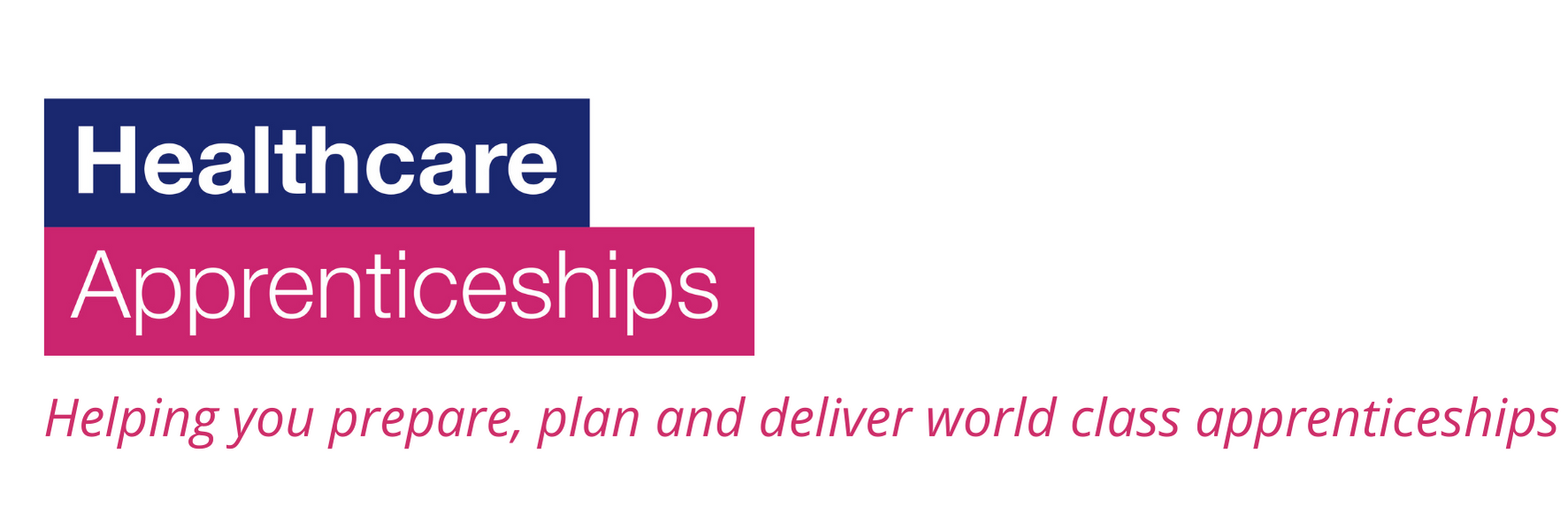 Apprenticeship standards are high-level descriptions of the skills, knowledge and behaviours that an apprentice will achieve by the end of their apprenticeship. In the health sector, employers are working on a range of apprenticeship standards for regulated occupations. The occupational titles are protected under law and they each have their own unique identity. Standards for statutory registration are laid out by the regulators (eg Nursing and Midwifery Council, Health and Care Professions Council or General Dental Council) and other professional standards set out by the relevant professional bodies.
Apprenticeship standards are high-level descriptions of the skills, knowledge and behaviours that an apprentice will achieve by the end of their apprenticeship. In the health sector, employers are working on a range of apprenticeship standards for regulated occupations. The occupational titles are protected under law and they each have their own unique identity. Standards for statutory registration are laid out by the regulators (eg Nursing and Midwifery Council, Health and Care Professions Council or General Dental Council) and other professional standards set out by the relevant professional bodies.
For some people the term ‘apprentice’ raises concerns that there is an attempt to undermine, ‘dumb-down’ or change the profession. This is not the case.
The rules for writing apprenticeship standard documents are quite strict; unlike regulatory standards, the documents must be short; there is an expectation that things will not appear more than once; occupations must be unique and not overlap with other occupations. This raises a particular issue for occupations where some regulatory standards are shared or common. This means that where an apprenticeship leads to a regulated occupation, the regulatory and professional standards will be referred to, but not reflected word for word, in the apprenticeship standard document.
Apprentices studying for bachelor and master’s degrees in the health sector is new. But just like those at other levels, apprentices will be employed by your organisation. They will be members of your team, under your supervision and in receipt of a salary. You will release them to the university or relevant training provider to complete their programme. You will mentor them in the workplace, support them and work closely with the training provider to make sure that they are developing their competence. Apprentices won’t have the same holiday arrangements as students but will be entitled to the annual leave as part of their contract of employment with you. The apprentice completing an apprenticeship for a regulated healthcare occupation will be supernumerary in the same way as students are. Your apprentice may need to go to another department or organisation for some of their training experiences and you may host someone else’s apprentice whilst yours is gone. Even when your apprentice is not in your workplace they are still receiving a salary from your organisation. This includes when they are at university, on placement, on holiday or off sick.
Your chosen university or training provider will still have to be approved by the appropriate regulator before they can offer an apprenticeship programme that leads to statutory registration. In addition, they will need to be listed on the Register of Apprenticeship Training Providers operated by the Education and Skills Funding Agency. The way the provider’s programmes are delivered may change significantly to accommodate apprentices or remain very similar to how they are now and you will have the opportunity to negotiate preferred delivery models with your chosen provider. New providers may come on board; some providers will want both traditional students and apprentices, others won’t. Employers are free to choose whichever provider they feel meets their requirements most effectively and sometimes this may not be the one that is closest to you or the one that you have worked with before. The new model of apprenticeships enables you to shop around and there a range of different procurement models to choose from.
On successful completion of their apprenticeship, apprentices can apply to join the statutory register in the usual way outlined by the regulator and become full members of their chosen professional body. Depending on availability of vacancies they can apply for jobs in exactly the same way as people who have gone through the traditional university student route. The result is a job ready individual, registered with the appropriate regulator and with all the qualities and experience that you would expect.
Find out how to procure apprenticeships here.
FAQ on why apprentices are supernumerary here.


